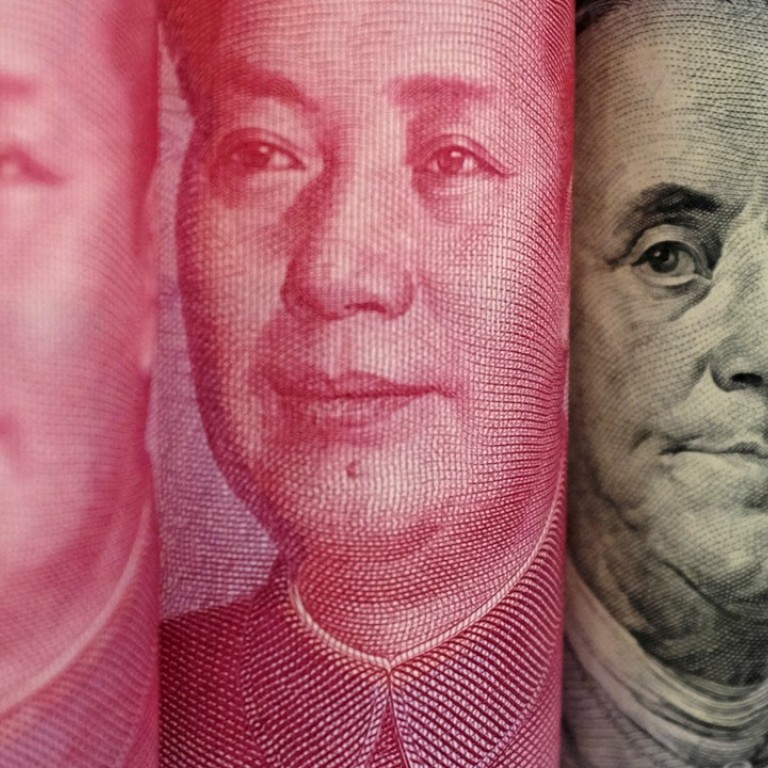
US gives surprise go-ahead to Chinese acquisition of Pennsylvania semiconductor firm
The US has toughened its stance on Chinese takeovers of US assets under the Trump administration and shot down a number of deals, especially in potentially sensitive technologies
The Chinese acquisition of a US semiconductor equipment maker has been given the surprise green light by US officials, despite the increased scrutiny of sensitive Chinese investments in the country.
A number of Chinese acquisitions have collapsed since last year as the US government increased its scrutiny citing national security concerns.
But Naura Microelectronics Equipment, a Beijing-based microchip company, has now completed its takeover of Pennsylvania-based Akrion Systems, a manufacturer of semiconductor devices, according to Naura.
“As far as we are aware, this is the first Chinese acquisition of a US company to be approved by CFIUS under the Trump administration,” a Reuters report quoted Fang Xue, partner for Gibson Dunn & Crutcher and one of the deal lawyers representing Naura, as saying on Thursday.
The deal is worth US$15 million, Naura said.
The Committee on Foreign Investment in the United States (CFIUS), is the inter-agency committee which examines deals for national security risks that could result with control of a US business by a foreign company.
As far as we are aware, this is the first Chinese acquisition of a US company to be approved by CFIUS under the Trump administration
Some Chinese companies were able to make acquisitions in the US last year in areas that did not have national security implications, for which they did not need to consult CFIUS.
Nonetheless, overall foreign direct investment from China into the US tumbled 35 per cent in 2017 to US$30 billion, according to a joint study by law firm Baker McKenzie and consultants Rhodium Group. The decline was due to Beijing’s curbs on capital outflows, tougher deal scrutiny by US authorities and rising trade tension between the world’s biggest two economies, the report said.
Earlier this month, the committee rejected Ant Financial’s US$1.2 billion acquisition of US money transfer company MoneyGram International, representing a blow to Jack Ma’s efforts to expand China’s largest fintech service company, which he controls, into the US. Ma is the executive chairman of Alibaba Group and owns Ant Financial together with other Alibaba executives.

Last September, Trump blocked Canyon Bridge Capital Partners’ US$1.3 billion purchase of US chip maker Lattice Semiconductor on national security grounds. A statement from the US Department of the Treasury said that “the national security risk posed by the transaction related to, among other things, the potential transfer of intellectual property to the foreign acquirer [and] the Chinese government’s role in supporting this transaction.”
HNA Group is currently waiting for US regulatory approval of its purchase of stakes in SkyBridge Capital from Anthony Scaramucci, a former White House aide.
Toughening foreign investment controls is becoming more common globally, according to a recent report by London-based law firm Freshfields Bruckhaus Deringer.
The CFIUS has become “more aggressive and unpredictable” in examining foreign investments, and is expected to be increasingly pushing parties to withdraw and re-file, when faced with concerns.
“The rise of protectionism in the world’s leading economies is expected to have a significant impact on the regulatory landscape and on cross-border M&A activity in the year ahead,” the firm said.
The main challenge for merging parties in 2018 will be to anticipate and manage political sensitivities as early as possible in the transaction timetable, it added.
Alibaba owns the South China Morning Post.
With additional reporting by Alun John

